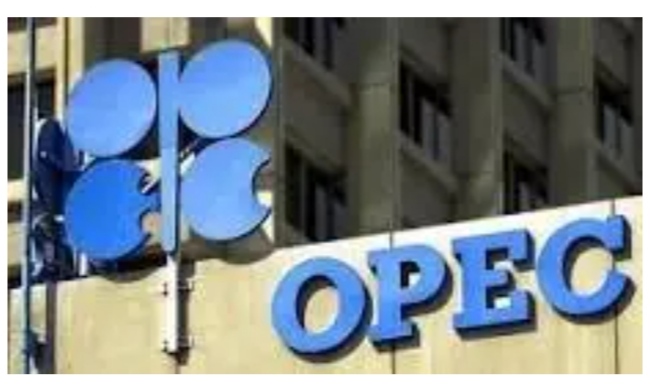
Organisation of Petroleum Exporting Countries (OPEC) has continue to extend their crude oil production cuts into the month of August to shore up the international price of the commodity.
This indeed is beginning to raise concerns that Nigerians may pay more for petrol .
OPEC and it’s allies as well as the world’s biggest crude exporter, Saudi Arabia, is said to be dissatisfied with the current prices and has recently embarked on reducing its crude production, alongside Russia and Algeria.
Crude oil rates remain a major determinant of petrol prices worldwide, taking up as much as 80 per cent of the price of the product.
As at 8pmon Wednesday July 5, the price of Brent, Nigeria’s oil benchmark was $76.72 while US oil, WTI crude was selling for $71.88.
Saudi Arabia on their part is cutting 1 million barrels per day into August, Russia and Algeria volunteered to lower their August output and export levels by 500,000 bpd and 20,000 bpd.
Nigeria that does not refine it’s crude locally as a result of dilapidated refineries has to depend fully on imports and subjecting the country to the volatility of market forces.
Asides that, other factors that determine the prices of petrol include refining cost, shipping cost, distribution and marketing cost as well as taxes and levies imposed by Nigeria.
OPEC Secretary General, Haitham Al-Ghais , said on Wednesday July 5th, that the oil cartel will continue to work towards ensurimg market stability as billions of people are dependent on oil for their daily lives.
Al-Ghais further stated that despite all the debate about jettisoning fossil fuels, oil remains very important for the planet, and sustainability should be achieved.
He reiterated that OPEC was not also against working towards reducing greenhouse gas emissions.
